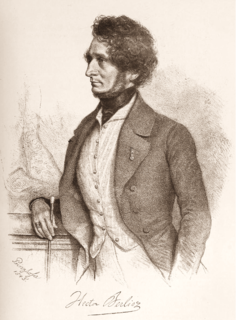A Quote by William Hazlitt
The confession of our failings is a thankless office. It savors less of sincerity or modesty than of ostentation. It seems as if we thought our weaknesses as good as other people's virtues.
Related Quotes
The impulse to confession almost always requires the presence of a fresh ear and a fresh heart; and in our moments of spiritual need, the man to whom we have no tie but our common nature, seems nearer to us than mother, brother, or friend. Our daily familiar life is but a hiding of ourselves from each other behind a screen of trivial words and deeds, and those who sit with us at the same hearth, are often the farthest off from the deep human soul within us, full of unspoken evil and unacted good.
The experience of the ages that are past, the hopes of the ages that are yet to come, unite their voices in an appeal to us;– they implore us to think more of the character of our people than of its numbers; to look upon our vast natural resources, not as tempters to ostentation and pride, but as means to be converted by the refining alchemy of education into mental and spiritual treasures; ...and thus give to the world the example of a nation whose wisdom increases with its prosperity, and whose virtues are equal to its power.
God is also fully aware that the people you think are perfect are not.
And yet we spend so much time and energy comparing ourselves to others-usually comparing our weaknesses to their strengths. This drives us to create expectations for ourselves that are impossible to meet. As a result, we never celebrate our good efforts because they seem to be less than what someone else does
In San Francisco, vulgarity, "bad taste," ostentation are regarded as a kind of alien blight, an invasion or encroachment from outside. In Los Angeles, there is so much money and power connected with ostentation that is no longer ludicrous: it commands a kind of respect. For if the mighty behave like this, then quiet good taste means that you can't afford the conspicuous expenditures, and you become a little ashamed of your modesty and propriety.


































